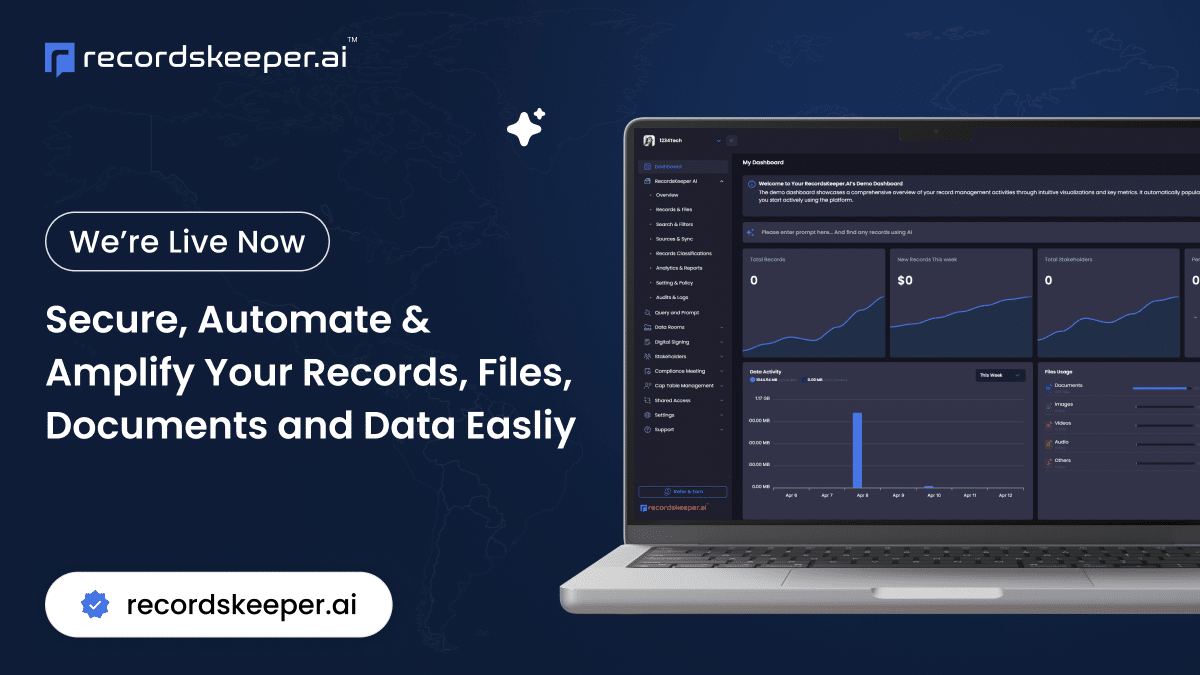Choosing the Right Electronic Health Record (EHR) System for Your Needs
In today’s rapidly evolving healthcare environment, selecting the right Electronic Health Record (EHR) system is crucial for ensuring efficiency, compliance, and enhanced patient care. Navigating the myriad of options can be daunting, but understanding the key differences between top EHR software can simplify this process. I’m Toshendra Sharma, and I’ve immersed myself in the world of AI and Blockchain-driven record management. My insights aim to guide you through a comprehensive EHR comparison, assisting you in making an informed choice.
Understanding the Importance of EHR Systems
Before diving into specifics, let’s touch upon why EHR systems are indispensable in healthcare. EHRs digitally store comprehensive patient information, accessible to authorized healthcare stakeholders, enabling streamlined patient care. Key benefits of EHR systems include:
Understanding these benefits underscores the necessity of choosing an EHR system tailored to the unique requirements of a healthcare provider.
Key Factors in Choosing an EHR System
Every healthcare setting is unique, demanding specific solutions. When comparing EHR systems, consider these critical factors:
1. Usability
User-friendly interfaces are paramount. Physicians, nurses, and administrative staff interact with EHR systems daily. The learning curve should be minimal, allowing healthcare professionals to focus on patient care rather than navigating complex software. During an EHR comparison, evaluate the system’s intuitiveness, customization options, and support resources available for onboarding.
2. Compliance and Security
As a founder of RecordsKeeper.AI, I understand the significance of compliance and security. A top-notch EHR system will ensure that all records are stored compliant with HIPAA and other regulatory standards. Explore features like audit trails, data encryption, and secure user authentication, which are essential in safeguarding patient information.
3. Integration and Interoperability
Your chosen EHR should seamlessly integrate with existing healthcare systems, such as laboratory data, pharmacy management, and billing platforms. Assess whether the EHR supports interoperability, allowing information to be shared across different healthcare networks, which is crucial for coordinated patient care.
4. Customization and Scalability
Healthcare needs evolve over time. Selecting an EHR that offers customization options ensures adaptability to changing workflows. Additionally, scalability is vital for growing practices or networks, enabling the system to handle increased patient loads without compromising performance.
Top EHR Software Options
Now that we’ve outlined essential criteria, let’s explore a few leading EHR software options suitable for diverse healthcare environments.
Epic Systems
Renowned for its robust features and large-scale implementation capability, Epic Systems caters mainly to hospitals and large practice groups. Its comprehensive suite includes integrated telehealth, extensive reporting tools, and mobile access via its MyChart app. However, its complexity might pose challenges for smaller practices.
Cerner
Cerner is a versatile EHR solution used worldwide. Known for its strong interoperability features, Cerner facilitates information exchange across healthcare systems effortlessly. Its adaptability makes it ideal for both small and large-scale implementations, offering tailored solutions through expansive modules.
Meditech
A stalwart in the healthcare IT field, Meditech offers a cost-effective yet sophisticated EHR system widely used by community hospitals. It prioritizes simplicity in design, ensuring ease of use for medical staff, though it may require additional investments for extensive customization.
Allscripts
Allscripts is celebrated for its highly customizable EHR solutions targeting outpatient care. It is especially appreciated for its user-friendly interface, enabling practitioners to optimize workflows efficiently. Its open platform strategy ensures excellent flexibility and connectivity across different healthcare modules.
The Fitting Choice: Making Your Decision
Choosing the right EHR system depends on a careful analysis of your specific operational needs. Incorporate input from all user levels, from administrative staff to clinical teams, to ensure the solution meets everyone’s requirements.
Additionally, don’t overlook vendor support and training resources. An EHR system is only as effective as its users’ ability to navigate it confidently, so comprehensive training programs can vastly enhance user adoption rates.
Conclusion
Embracing the right EHR system not only optimizes operational efficiency but also enhances the quality of patient care. By prioritizing usability, compliance, integration, and customization, healthcare organizations can select a solution that aligns with their unique needs.
For further insights into healthcare IT solutions and how RecordsKeeper.AI can revolutionize your record-keeping processes with cutting-edge technology, feel free to connect with me. Let’s make record management a strategic advantage in healthcare. Following my experiences and insights, you can unlock the potential of tech innovation in the healthcare sector.








